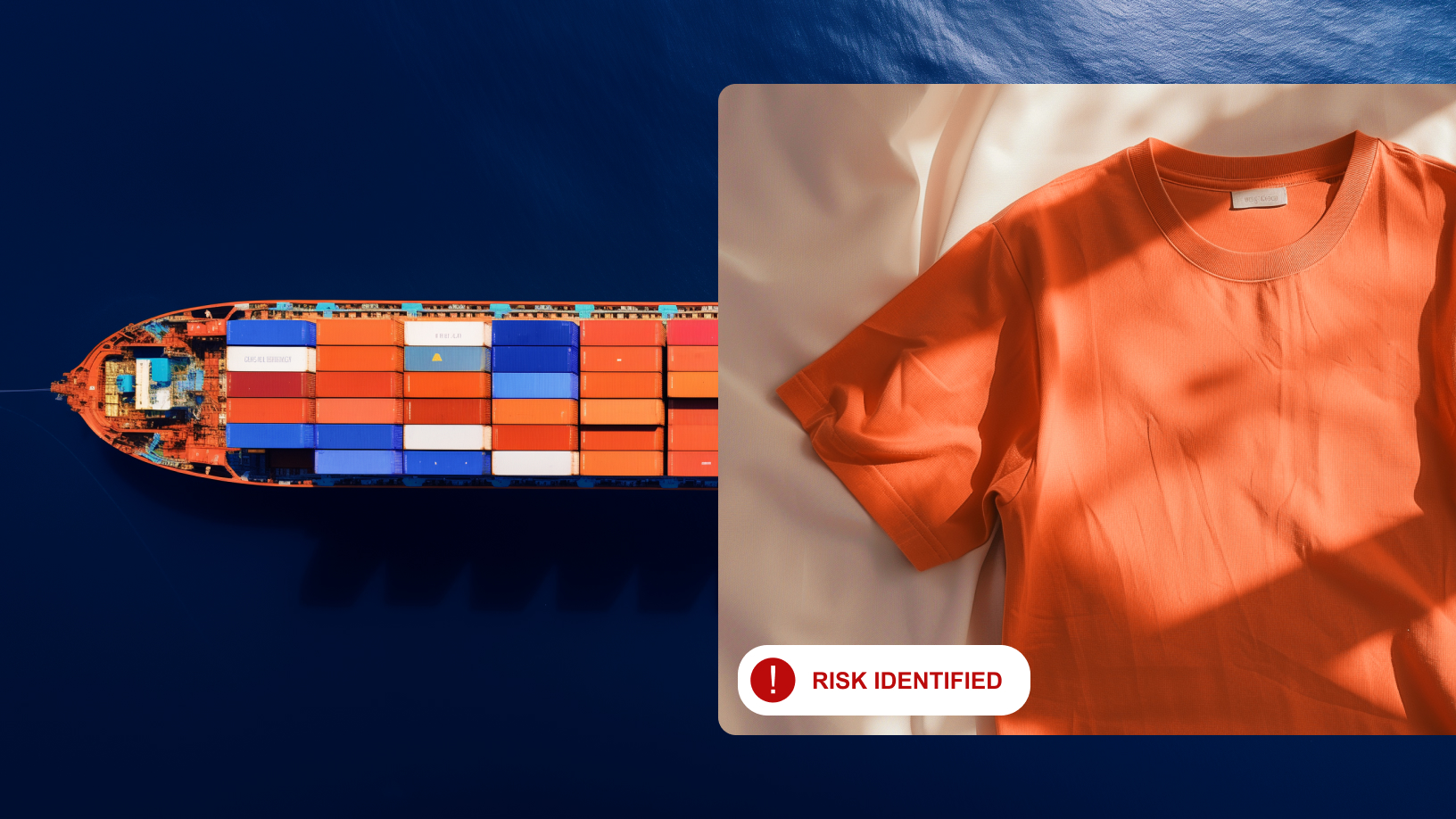After my visit to an industry executive summit in Washington, DC in April, one area seems to be a steady point of bipartisan concern: Forced Labor Prevention. It presents a critical supply chain and trade risk issue with a rare opportunity for unified action. As the market for Traceability platforms broadens, the benchmark for such a solution is becoming clear: the platform needs to provide precise data to mitigate risks, monitor compliance and measure impact. Let me tell you why in the following four key takeaways from the summit:

Strict Enforcement of forced labor prevention
Forced Labor Prevention’s growing impact on brands lies in its stringent traceability requirements. At the time writing this, over 2000 shipments have already detained by the CBP so far in 2024, of which nearly 400 of them contained apparel, textiles or footwear. Authorities demand extensive documentation including valid Facility Details, Transactional & Payment Documentation and Production Documentations between tiers, to prove a shipment isn't linked to forced labor. This trend highlights the CBP’s commitment to enforcing the law on the footwear and fashion sector. Traceability practices are a must in this landscape in order to answer to the heightened compliance risk brands face.
Mitigating Risk Through Data
While some brands already have existing traceability programs in place, many are finding them inadequate for managing the act's compliance requirements. I spoke with senior legal experts at the summit and they acknowledge the potential of these programs but emphasize the critical need for enhanced document collection capabilities from the brands. This strengthens a brand's ability to:
- Identify and Address Risks: Robust data collection and analysis provides deeper visibility into supply chains, allowing brands to pinpoint potential areas of non-compliance and take timely corrective action.
- Demonstrate Due Diligence: Granular data throughout the supply chain serves as evidence of a brand's efforts to source responsibly. This can be crucial in mitigating penalties and reputational damage in case of shipment detainment or scrutiny.
- Streamline Compliance Processes: Traceability and Compliance platforms automate data collection and management, saving time and resources compared to manual methods. This allows for a more scalable and efficient approach to risk mitigation.
Leverage Integrations for Risk Management
To effectively navigate forced labor risk landscape, brands need to move beyond rudimentary traceability systems and embrace Digital Traceability Platforms. Not only will these platforms support you in regulatory efficiency, ones like TrusTrace easily speak with intelligence systems like Sayari to aggregate supply chain risk data and strengthen a shipment’s chain of custody.
This is exactly what we are delivering to our customers today at TrusTrace, as the platform offers a centralized solution, streamlining evidence collection, supplier management, and compliance activities for thousands of shipments in a short amount of time.
access to markets
The impact of Forced Labor Prevention extends beyond U.S. brands. European brands and any global brand with products destined for the U.S. market must also adapt to manage their sourcing compliance risks and due diligence efficiently. Implementing a robust Traceability Platform means having the data in place to ensure your entry into the market. It safeguards your reputation, avoids costly delays at ports, and demonstrates a commitment to responsible sourcing practices, all of which contribute to a stronger risk management posture.
The data you manage on your traceability platform will also maintain your access to other markets that add their own forced labor prevention laws. Canada, Mexico and the EU member states with its recently adopted Ban on Products Made with Forced Labor are also following suit to prevent goods made with forced labor in the supply chain from entering the market. As the U.S. currently has the most stringent law on this, the evidence you gather in response to its Forced Labor Prevention Act is transferable to other markets.
Looking Ahead: A Collaborative Future for Risk and Compliance
Forced Labor Prevention continues to be a significant shift in U.S. trade policy, and Digital Traceability and Compliance Platforms have become essential tools for navigating this new environment and mitigating risk. Collaboration between brands, industry associations, and technology providers will continue to be crucial in establishing global supply chain compliance. By working together, we can ensure a future where global textile and fashion supply chains are traceable, circular and fair.
TrusTrace empowers companies with the data to know, prove and improve the impact of their value chains. Learn more about our company vision and mission over on About Us.
